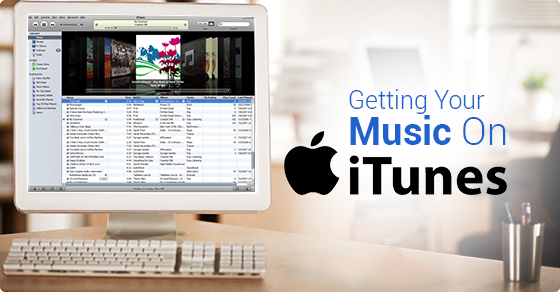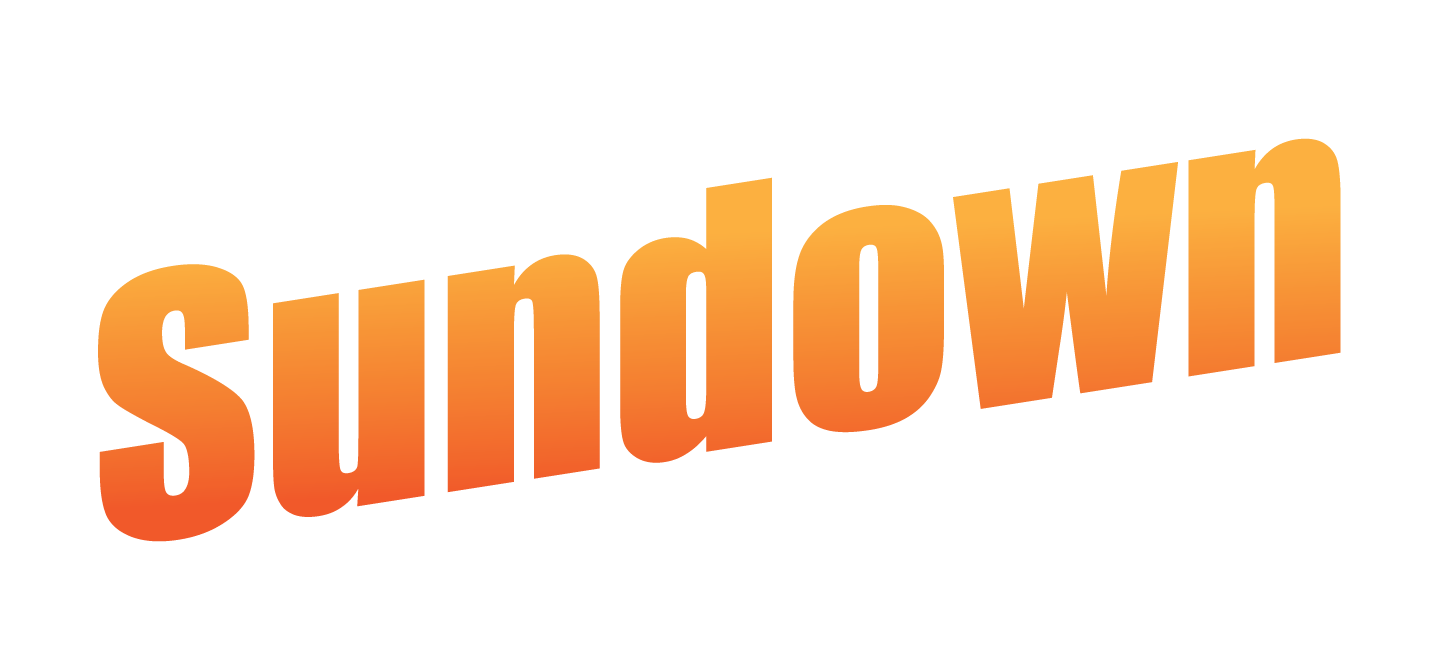Getting music on iTunes takes a bit of work. iTunes has a gatekeeper approach to music, where they crack down on what they perceive as lower quality music production to keep the music up to a standard. What standard this is, is of course subjective, but if you want to sell your music through them, you have to play by their rules.

Applying to Distribute Music
Just to give you an idea of how hard it is to go it alone on iTunes, let’s look at iTunes’ minimum requirements. For iTunes to even look at your application, you need to:
- Have a tax number in the country you’re trying to upload to (for example, you’ll need a Canadian tax number to have your music uploaded to iTunes Canada, a US tax number to have your music uploaded to iTunes USA, and so on)
- Hold a catalog of about 20 albums
- Have product codes and international standard recording codes for all tracks
Unless you’re in the world’s most productive garage band, we’re going to assume the chances of you having 20 albums under your belt already is slim to none, let alone product codes for all of them. When you’re concentrating on making good music, it’s not often you bother yourself with product codes.
Aggregators
Luckily, aggregators do care about product codes! Aggregators are music distributors that Apple allows on iTunes. They handle the product codes, uploads, taxing situations, and more.
Here’s a list of common aggregators:
https://itunesconnect.apple.com/WebObjects/iTunesConnect.woa/wa/displayAggregators?ccTypeId=3.
Most aggregators charge for hosting, instead of charging royalties. This means that after you paid them once, you never have to pay them again.You’ll probably pay about $10-$15 per track in North America, a little less in South America, and a whole lot more in Europe. If you’ve got a lot of tracks, start organizing them into collections because aggregators give discounts for albums.
You don’t just have to settle for iTuneseither- an aggregator can also post your tracks on other on-demand media platforms like Spotify, MySpaceMusic, Google Play, Amazon on Demand, and MediaNet.
Applying to an Aggregator
Aggregators aren’t all that picky about music. Most aggregators will take a track as long as it is balanced and in the right format, and doesn’t have massive spikes in volume throughout the song.
If you’re really good though, you can take it to the next level. A couple of aggregators publish artists’ work, kind of like a normal record label. Thesecompanies cross-promote artists they like on Youtube, Grooveshark, Songza, and other music sites.
Want in? Prepare a good portfolio of well-produced tracks and build up experience with a specific aggregator. When you feel comfortable with the aggregators’ formats and business practices, try applying for one of their publishing deals if it makes sense to you.
Upload-Ready Tracks
Aggregators like to receive their files in 16 bit .wav format at 44.1 kHz because this provides the best quality after they convert it over to iTunes proprietary compressed file formats. They’re also going to want some cover art in the form of a 2000 by 2000 pixel square, preferably as a .jpg.
If you use an aggregator, it really isn’t that hard to get on iTunes. As long as you can sell more than 20 copies of each track, you’ll likely make your money back, and then some! It’s a great way to get exposure whether you’re just starting out in the industry or are simply just starting to record your songs.
